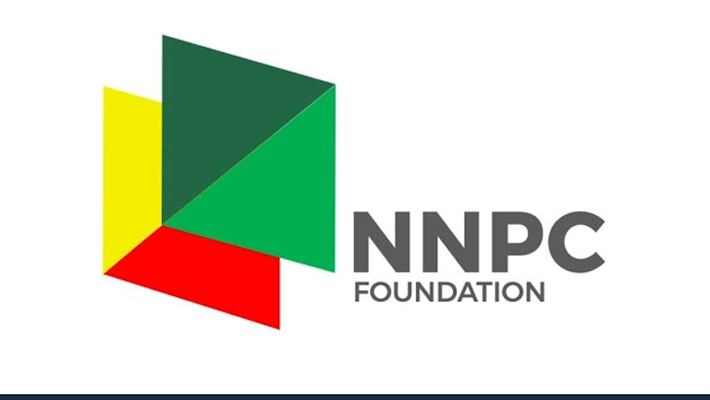The British American Tobacco Foundation (BATF) in collaboration with
Ogun State government through its Maize Empowerment project has
empowered at least 1,000 farmers in the state. This is part of the efforts to
equip Nigerian maize farmers with the necessary knowledge and skills to
enhance productivity, profitability, and sustainability within the maize value
chain.
A statement released by the foundation noted that the project, which was in
partnership with the Ogun State Ministry of Agriculture, was aimed to equip
approximately 1,000 maize farmers with the necessary knowledge and
skills for food security.
The statement states, “Since its inception in 2002, BATNF has been in the
vanguard of empowering smallholder farmers, particularly in the areas of
crop production, entrepreneurship, and environmental sustainability. Its
projects aim to enhance agricultural productivity, improve livelihoods, and
promote social and economic development in rural communities across
Nigeria.
“Through partnerships with government agencies such as the Ogun State
Ministry of Agriculture, BATNF implements a variety of programs and
initiatives tailored to address the distinct needs of farmers and rural
residents.”
Bolu Owotomo, Ogun State Commissioner for Agriculture confirmed the
assertion. He said, “Through the Maize Empowerment project, the BATN
Foundation has trained 1,000 farmers in best agricultural practices and
today we are witnessing the distribution of farm inputs and pesticides to
500 for this year’s planting season to ensure a bountiful harvest”.
Oludare Odusanya, General Manager of BATNF, explained that “the
collaborative effort between the BATN Foundation and the Ogun State
Ministry of Agriculture was aimed at enhancing the capabilities of maize
farmers in the state. It is aimed towards ensuring inclusivity and equitable
distribution of resources, thereby focusing on empowering women and
youths to enhance their knowledge, skills, and resources for increased
productivity, profitability, and sustainability within the maize value chain
across the state’s agricultural zones.”
Odusanya further said that the objective of the BATN Foundation was to
improve the technical know-how of the farmers, fostering innovation,
promoting sustainable practices, and facilitating access to profitable
markets. While emphasizing the impact the project has had on maize
farmers in the state, Odusanya mentioned that the BATN Foundation had
invested over N4bn towards supporting rural smallholder farmers and
impacted over 1.7 million beneficiaries across the 36 states of the
federation and the FCT since its inception in 2002.
“This project addresses critical challenges in the maize value chain,
including low crop yields, limited access to improved seeds and fertilizers,
inefficient pest and disease management, poor pest-harvest handling, and
lack of access to profitable markets,” Odusanya said












